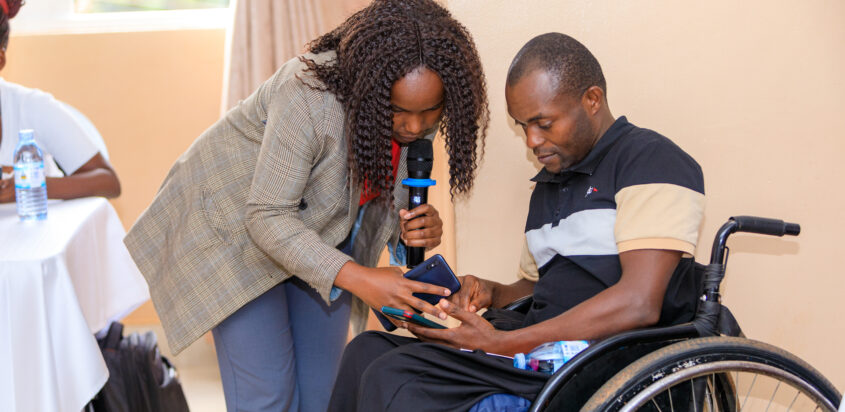
As the world marks International Labor Day 2025 under the theme “Revolutionizing Health and Safety: The Role of AI and Digitalization at Work,” Uganda stands at a critical moment of reflection and opportunity. Today is a day to celebrate workers across all sectors, but it is also a moment to deeply question the status quo, especially when it comes to the state of youth employment in our country.
Uganda, proudly known for its youthful population, with over 75% of its citizens under the age of 30, is sitting on a demographic goldmine. Each year, more than one million young people enter the job market full of hope, energy, and ambition. Yet, the economic reality has not matched this momentum. Job creation lags far behind, and the skills many young people possess often do not align with the demands of the evolving workforce.
As we convene today in celebration of labor, we must also use this moment to shine a light on the uncomfortable truth, over 2 million young Ugandans are currently neither in employment, education, nor training (NEET), and according to the International Labor Organization, nearly 80% are barely surviving within the informal sector. This is not just a statistic but a call to action.
On April 1st, Open Space, in collaboration with the National Planning Authority and the Centre for Basic Research, a head of the NDPIV implementation process held a timely and thought-provoking dialogue focused on the school-to-work transition for young people in Uganda. This gathering brought together youth voices, policymakers, researchers, and civil society leaders to confront the persistent challenges facing young Ugandans as they attempt to step into the workforce. At the heart of our conversation was a sobering reality. despite government-led interventions and a growing awareness of youth issues, many young people continue to find themselves excluded from formal economic participation.
One key insight from the dialogue was that digitalization often seen as a distant or elite concern holds untapped potential for transforming Uganda’s employment landscape. Far from being a threat, the digitalization of work presents a powerful opportunity to create new jobs, unlock access to global markets, and reshape the way we think about productivity, safety, and inclusion in the world of work.
In our opinion and issues paper presented during the dialogue, it became evident that digital spaces are rapidly becoming viable zones of employment for Uganda’s youth. From app development, e-commerce, and digital marketing to content creation and social media management, young people are already engaging with digital tools in innovative ways. The challenge is that most lack the formal training, mentorship, or policy backing to fully thrive in this space.
For too long, the conversation around AI and digitalization in countries like Uganda has been rooted in the fear that automation will replace human workers and render the labor force redundant. However, the 2025 International Labor Day theme urges us to take a different view, to see AI and digital technologies not as displacers, but as enablers of safer, smarter, and more dignified work.
This new perspective requires that we invest, urgently and intentionally, in building the digital capacity of our young workforce. It calls for reforms in education to ensure curricula are responsive to the digital economy. It demands the creation of national platforms for re-skilling and up-skilling, especially for those already locked out of formal education. It also demands policy frameworks that support the transition into digital work and protect young workers from exploitation in emerging online markets.
As we celebrate Labor Day this year, we are not only honoring the contributions of workers past and present we are also asserting a vision for the future. A future where no young person is left behind because of limited access, outdated training, or systemic barriers. A future where Uganda’s youth are not only job seekers but job creators, leaders in innovation, trade, and community-driven change.
We envision a Uganda where youth employment statistics are no longer a crisis headline but a success story. But this vision requires commitment. It requires investment. And it requires all of us, government, private sector, civil society, and young people themselves to embrace the digital transformation not just as a trend, but as a strategy for inclusive and sustainable employment.
The future of work is already here. The question is, will we equip our young people to thrive in it?
The full outcomes of our April 1st dialogue and our opinion paper are available on the Open Space Resources page. We invite you to read, share, and continue this urgent conversation because the future of Uganda’s labor force depends on what we do today.